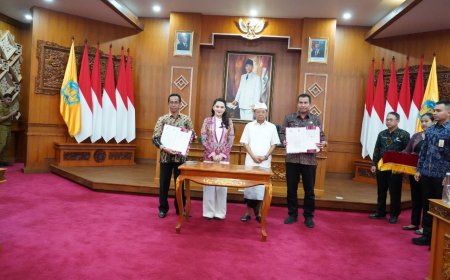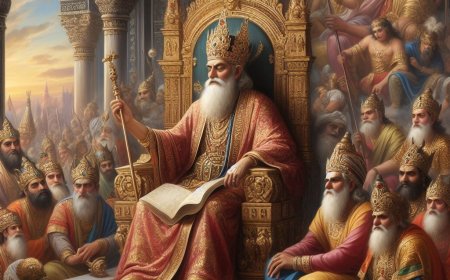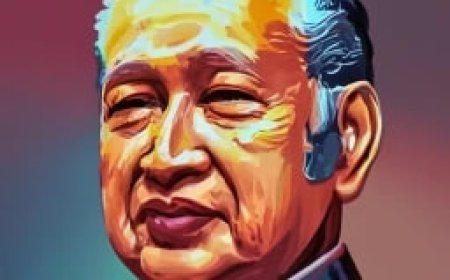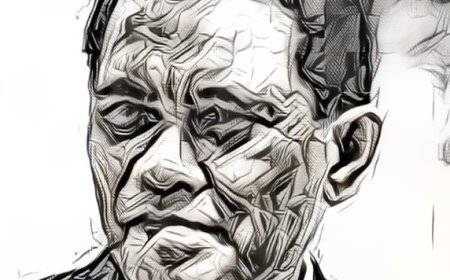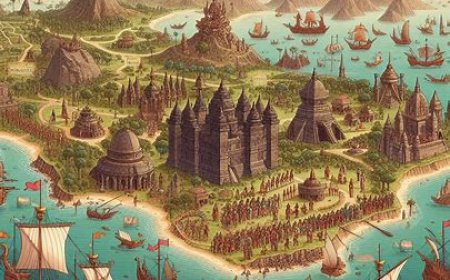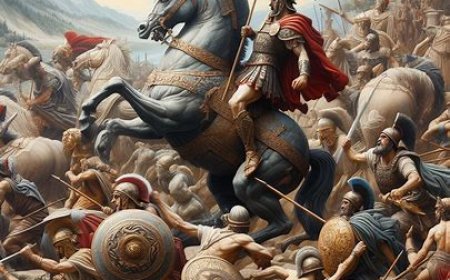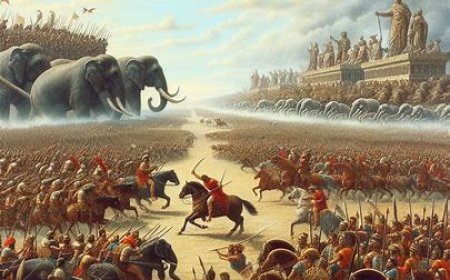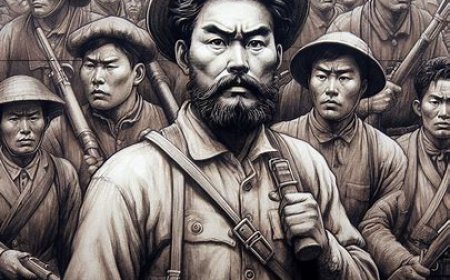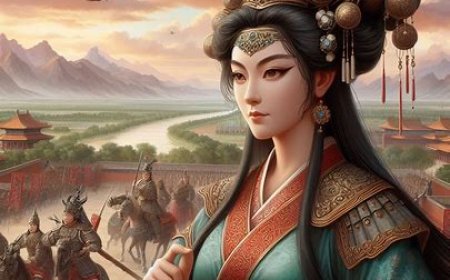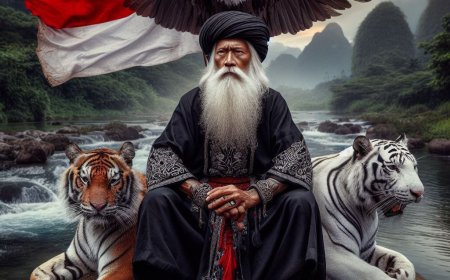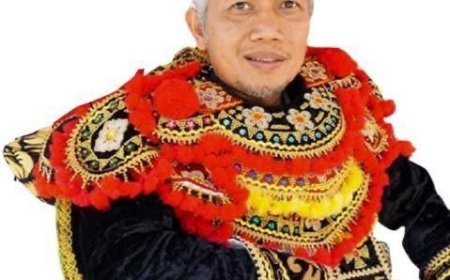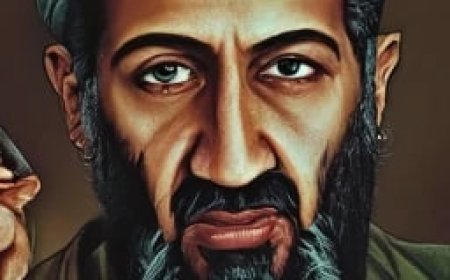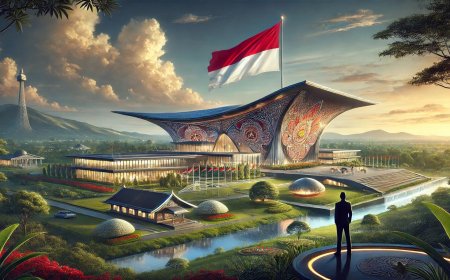The Dalai Lama: Guide to Wisdom and Commander of Peace
As a leading figure in the civil and spiritual rights movement on a global level, the Dalai Lama continues to be a symbol of the struggle of the Tibetan people and plays an important role in promoting the values of peace and justice throughout the world. Despite the enormous challenges he faced, his legacy and contributions remain a source of inspiration for many.

Dalai Lama is the title given to the spiritual and political head of the Tibetan Buddhist tradition. This title originates from the Mongol and Tibetan languages, where "Dalai" means "ocean" and "Lama" is the title for a spiritual teacher in Tibetan Buddhism. The Dalai Lama is considered the incarnation of Avalokiteshvara, the bodhisattva of mercy in Buddhism.
The Dalai Lama, who holds the title of spiritual and political head in the Tibetan Buddhist tradition, is considered an incarnation of the previous Dalai Lama. The 14th Dalai Lama, Tenzin Gyatso, was appointed leader at the age of two in 1937. This tradition combines spiritual and political roles, although in the modern context, his political role has experienced a decline in focus, especially after his exile to India in 1959 following rebellion against Chinese rule in Tibet.
During his exile, the Dalai Lama continued to be a spiritual leader for his people and spoke internationally about his message of peace, tolerance and non-violence. The conflict between Tibet and China continued to be his main concern, and he championed Tibetan autonomy through peaceful dialogue. Recognized for his efforts, the Dalai Lama was awarded the Nobel Peace Prize in 1989.
In addition to his religious role, the Dalai Lama is active in humanitarian and educational issues. He founded various institutions and organizations that support education and development of Tibetan society. In the future, the question of his reincarnation became a concern, with the announcement that he might not be reincarnated again if the Tibetan situation did not improve. This creates concerns regarding China's efforts to manipulate the reincarnation process for political purposes.
As a leading figure in the civil and spiritual rights movement on a global level, the Dalai Lama continues to be a symbol of the struggle of the Tibetan people and plays an important role in promoting the values of peace and justice throughout the world. Despite the enormous challenges he faced, his legacy and contributions remain a source of inspiration for many.
The Dalai Lama, as the spiritual and cultural leader of Tibet, put forward a number of principles and teachings that form the basis of his thinking. Following are some of the principles adhered to by the Dalai Lama:
1. Awareness of Life Based on Human Values
The Dalai Lama teaches to live with full awareness of human values, such as compassion, kindness and justice. He emphasized the importance of appreciating and understanding basic values as a guide to life.
2. Nonviolence (Ahimsa)
In line with Buddhist teachings, the Dalai Lama adheres to the principle of nonviolence or ahimsa. It promotes conflict resolution and change through peaceful means, without the use of physical or mental violence.
3. Empathy and Compassion
The Dalai Lama encourages the development of empathy and compassion towards all living things. He believes that by understanding and feeling the suffering of others, we can build a better world.
4. Balance and Simple Living
The Dalai Lama teaches the importance of seeking balance in life and avoiding material excess. Living simply and appreciating happiness that comes from within oneself are the values emphasized.
5. Religious and Cultural Tolerance
As a religious leader, the Dalai Lama respects religious and cultural diversity. He promotes interfaith dialogue and tolerance as a step towards better understanding between human beings.
6. Responsible for the Universe
The Dalai Lama teaches responsibility towards the environment and the universe. Sustainability and environmental preservation are important aspects of the policies and behaviors it advocates.
7. Education and Personal Development
The Dalai Lama supports education as a means for personal and intellectual development. He considered knowledge and understanding as the key to advancing civilization.
8. Concentration and Meditation
Meditation is an important practice in the Dalai Lama's teachings. He taught concentration and meditation as a way to achieve inner peace and deeper understanding.
9. Human Rights and Justice
The Dalai Lama fights for human rights and justice on a global level. He opposed all forms of discrimination and called for justice for all.
10. Non-dissemination of Religion
He values religion as a source of moral and spiritual inspiration, and speaks about the importance of maintaining moral values in the context of religious diversity.
These principles reflect the views and values that underlie the Dalai Lama's spiritual and philosophical teachings in his efforts to create a better world.
(source: chatgpt)
What's Your Reaction?








